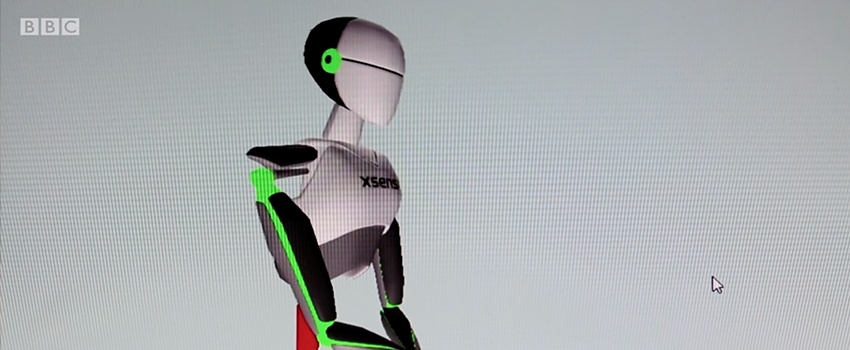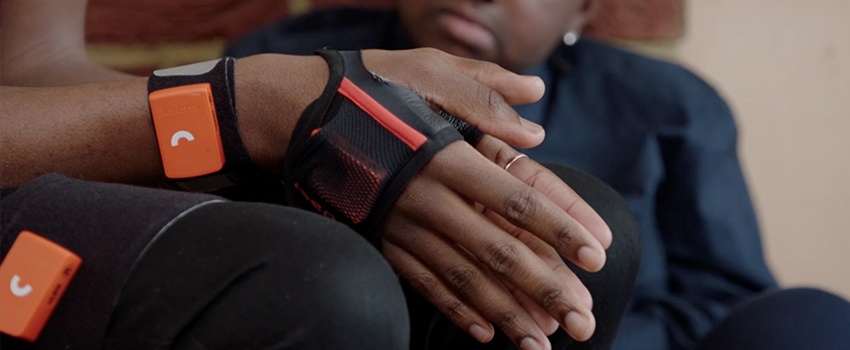A Priest, a YouTube blogger and an Advertisement consultant had their everyday interactions put to the test in a BBC studio – but are any of them being as honest as they let on?
It’s estimated the average person lies up to nine times a day, but it turns out we’re not that great at spotting deception in others. The team behind BBC’s Horizon series decided to use Xsens’ motion capture software to find out why.

In the latest episode, three people of varying professions and social lives attempted to survive a week without lying. This doesn’t sound too difficult in practice, but when the subjects are being monitored by Xsens sensors on a daily basis throughout the experiment, onlookers were able to analyse motion data to investigate the unconscious motions humans make when they lie.
Through the experiment, the team noticed that a normal conversation tactic becomes visually uncomfortable when the participant’s body reacts in opposition to what’s being said. All of this is possible with the Xsens MVN Analyze software that captures the movement patterns of each individual for an investigative psychologist to analyse. The flexibility and simplicity of its application provides the perfect tools for motion capture whilst maintaining natural, human movement. We were really thrilled to see that our technology was selected for the experiment.

This isn’t the first time Xsens has been used to capture the movements for lie detection. In 2015, a group of Dutch and UK based researchers utilised Xsens motion capture to help develop a replacement technology for the controversial polygraph. The end result had a 70% success rate and suggested fidgeting was a primary after effect of telling lies.